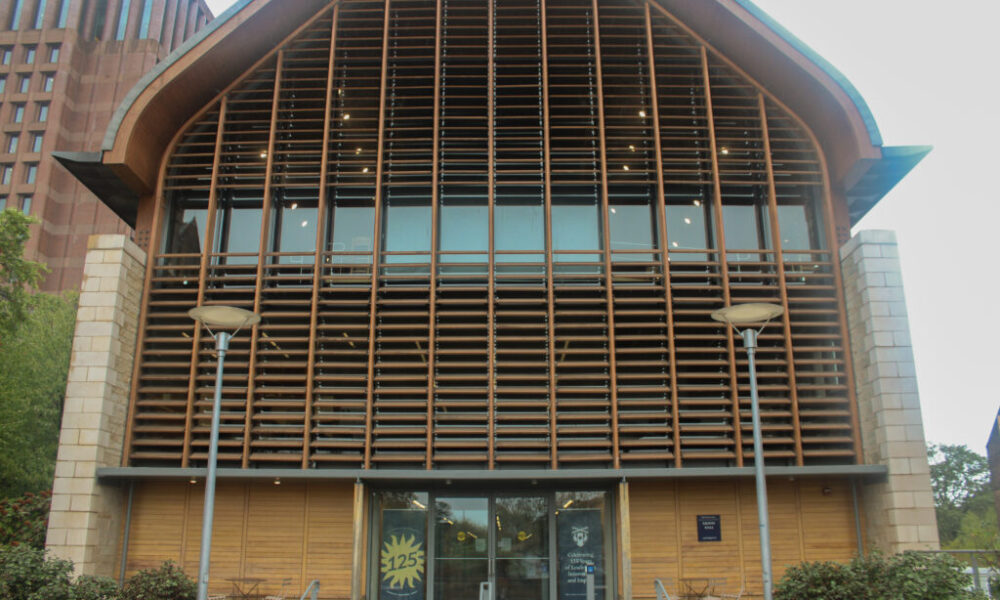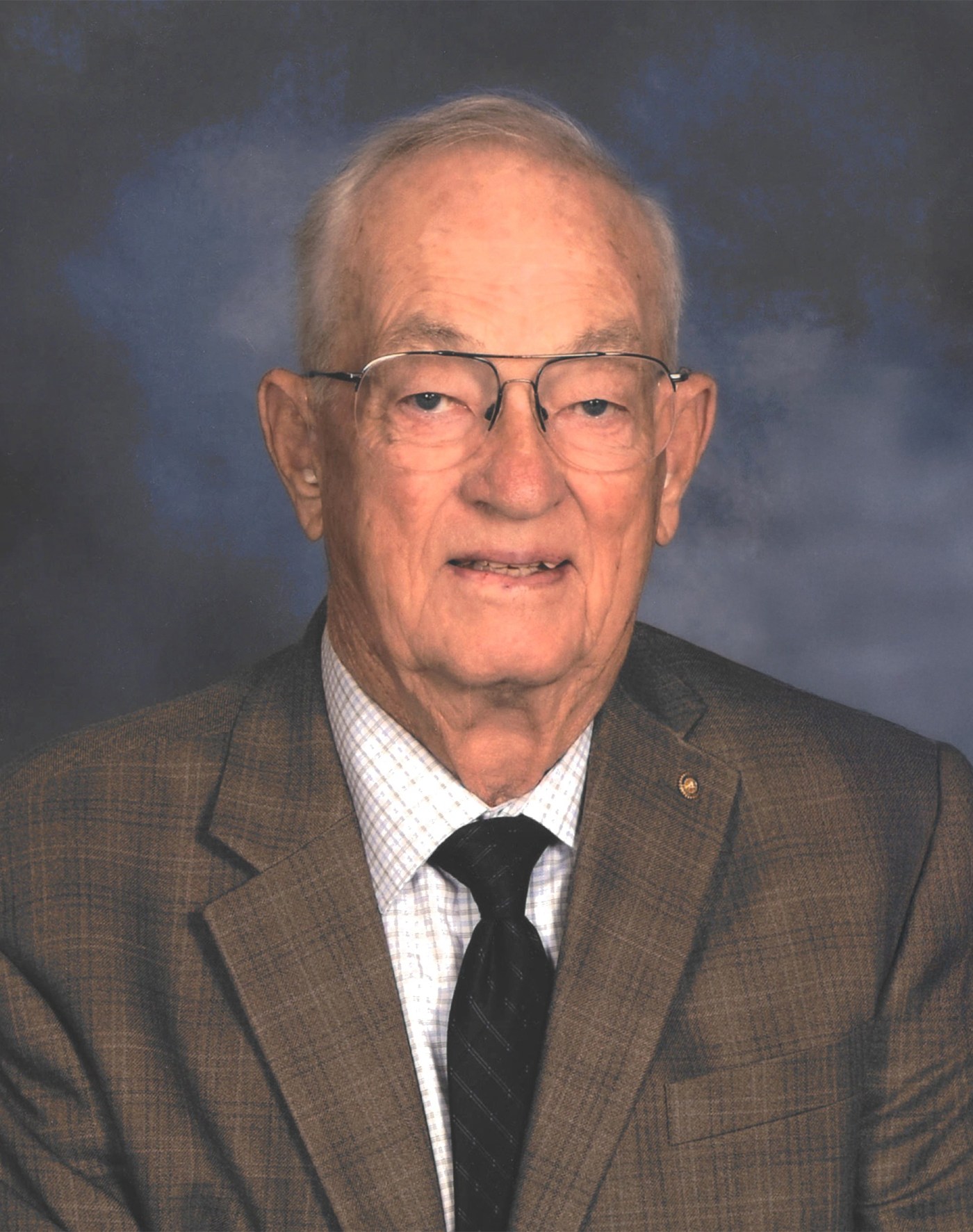Starting in August 2024, the Yale School of the Environment will introduce two new accelerated degree programs: the Executive Master of Environmental Management (EMEM) and the Executive Master of Forestry (EMF). These programs aim to accommodate professionals with over a decade of experience, offering them a unique opportunity for immersive education over the span of one year.
Indy Burke, Dean of the School of the Environment, emphasized the educational value of these programs, stating that they provide a “high-touch immersive experience” tailored specifically for senior leaders and mid-career professionals. Unlike traditional two-year programs, these executive degrees are designed to meet the needs of those already established in their environmental careers.
The EMEM and EMF programs are essentially revivals of the School’s original one-year Master’s programs that had the same titles. According to Mark Ashton, director of Yale Forests and senior associate dean for The Forest School, the new initiatives reflect a commitment to adapting educational offerings to better serve experienced professionals.
Agustín Carbó, a graduate of the mid-career residential program in 2011-12, shared his positive experience. He described the School’s environment as “very tight” and credited the faculty and courses for providing a comprehensive understanding of environmental and energy issues. Following his studies, Carbó served as the executive director of the Puerto Rico Solid Waste Authority and was appointed as the inaugural chairman of the Puerto Rico Energy Bureau in 2022.
Carbó noted, “This was an amazing experience,” adding that the program’s comprehensive approach allowed him to address complex issues, such as climate change related to waste management. The new executive programs will similarly require applicants to have established careers in environmental fields, with the EMF program specifically requiring a degree in forestry or natural resources and ten years of relevant work experience.
Ashton highlighted the value of a one-year immersion in the rapidly evolving field of environmental science, stating, “Once you are in a job and in the daily routine of work, it is very difficult to take time out and catch up on the tremendous advances in knowledge.” He believes this intensive year can provide a refreshing perspective that significantly advances careers.
In addition to its rigorous academic structure, the programs will be fully residential, allowing students to spend an entire year on the Yale campus. Kenneth Gillingham, the School’s senior associate dean of academic affairs, expressed optimism about the potential contributions of mid-career professionals to the academic community. He noted that their insights could greatly enhance the learning experiences of current master’s students.
The Yale School of the Environment, founded in 1900 as the Yale Forest School, continues to evolve its offerings to address contemporary environmental challenges. The introduction of these one-year programs marks a significant step in providing seasoned professionals with the advanced skills necessary to navigate the complexities of environmental management and forestry in today’s world.







